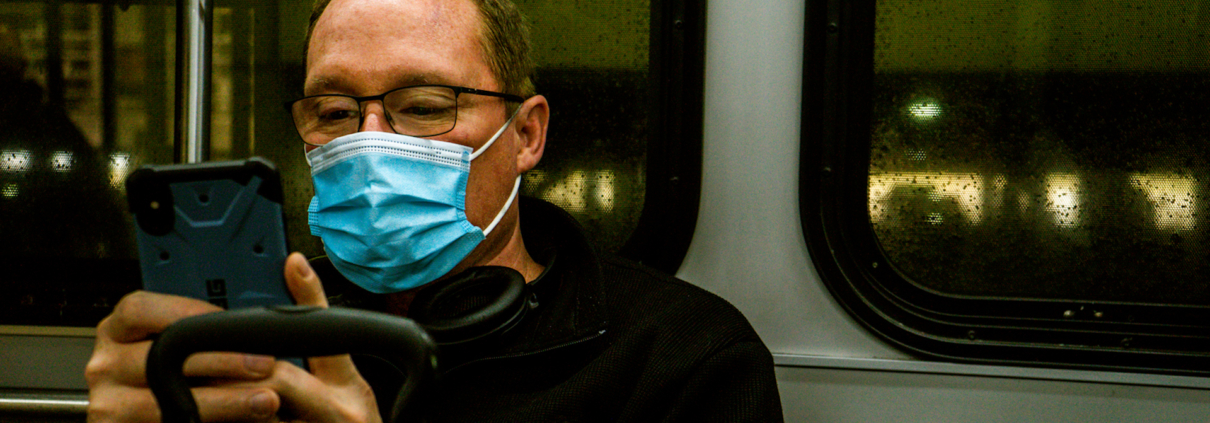One of my dearest friends, Venkataraman Srinivasan, passed away recently in Indonesia due to COVID-19, while he was recovering from a brain hemorrhage sustained earlier. Our friendship had spanned over 30 years, through thick and thin. But, unfortunately, I could neither pay him a visit during his ordeal, nor could I attend his funeral, due to travel restrictions. All I could do was grieve at home, express my condolences through digital channels, and walk down the memory lane. My situation is not unique, for there are millions in India who share the same fate.
We are a society where the social means to address the death of someone close to us has strong religious and cultural underpinnings. When a loved one dies, we dutifully attend the funeral, perform customary rituals, and attain a degree of closure. This closure is an inflection point in our grieving process — a point where the healing begins. Today, the pandemic protocol has disrupted tradition, and we have to make-do with digital alternatives, even if they offer little in the way of closure.
Enter Zoom funerals
At the time of writing this article, India’s known COVID-19 death toll stands at 319,000. There are many unaccounted deaths, wrongly unattributed to the virus. Media is rife with gut-wrenching videos of bereaved families. And with funeral access restricted in most jurisdictions, the permitted family members are seen live streaming the rituals for the rest of the family and friends to see. In some cases, only the PPE-kitted undertakers are allowed to conduct the funeral. So, family members are video calling the undertaker through Zoom, Skype, WhatsApp, etc. And there are reports of bribery, since funeral undertakers are not obligated by law, to entertain such requests.
Digital eulogies
Some, however, were fortunate enough to communicate with their loved ones during the final moments. Many have since shared screenshots of such calls online, along with eulogies. Surviving family members who were stuck abroad were often the ones posting online. Lately, many digital media outlets have designated a section for obituaries – which was previously typical in print media, but not quite on digital platforms. This, I believe, will give the bereaved a platform to channel their grief, and attain some degree of cold comfort.
Additionally, many COVID-19 memorial platforms have sprung up online. COVID Memorial, a global platform, is flooded with images and wonderfully crafted stories of the departed, told by their loved ones. Another niche initiative called the COVID Widows aims to empower women, who have lost their spouses to the pandemic, with professional counseling and job opportunities. India’s very own National COVID Memorial is now up and running, and is truly reflective of its motto of letting life stories live on. All these initiatives will enable continued online commemoration, accessible anytime, from anywhere, by anyone. Under the circumstances, it is as good as a closure could get. But how inclusive is this, in India?
The digital divide in India
India’s smartphone market is spread across the length and breadth of the nation. People in remote areas have access to smartphones, but the same cannot be said about reliable internet connection. Many have lost connectivity while video conferencing the funeral. Such obstacles can be painful, especially if they happen during customs considered vital. And it’s odd to record a funeral, store it, and watch it later; it’s important to witness it, in real time, and move on.
On the other hand, digital literacy and high-speed internet accessibility are still linked to privilege in India, making digital grieving less inclusive. Therefore, I’m glad that a few activists, doctors, and engineers have set up call-based support systems and hotlines, so people who aren’t well-versed with video-conferencing tools, or those who lack internet access, can also get help. Operators have experienced a significant influx of calls, and most callers just wanted an avenue to “feel heard”.
That said, we need better stakeholder participation to create inclusive digital grieving. And we need more meaningful ways to protect people’s digital legacy and obituaries. Many COVID-19 patients have died alone, but the ones grieving their passing need not be.



